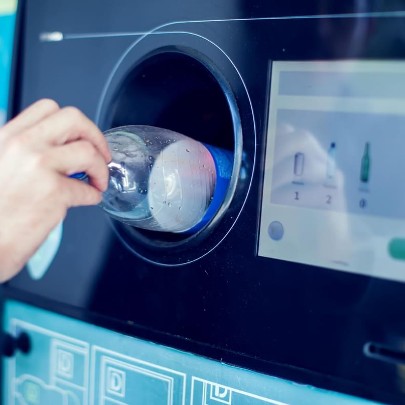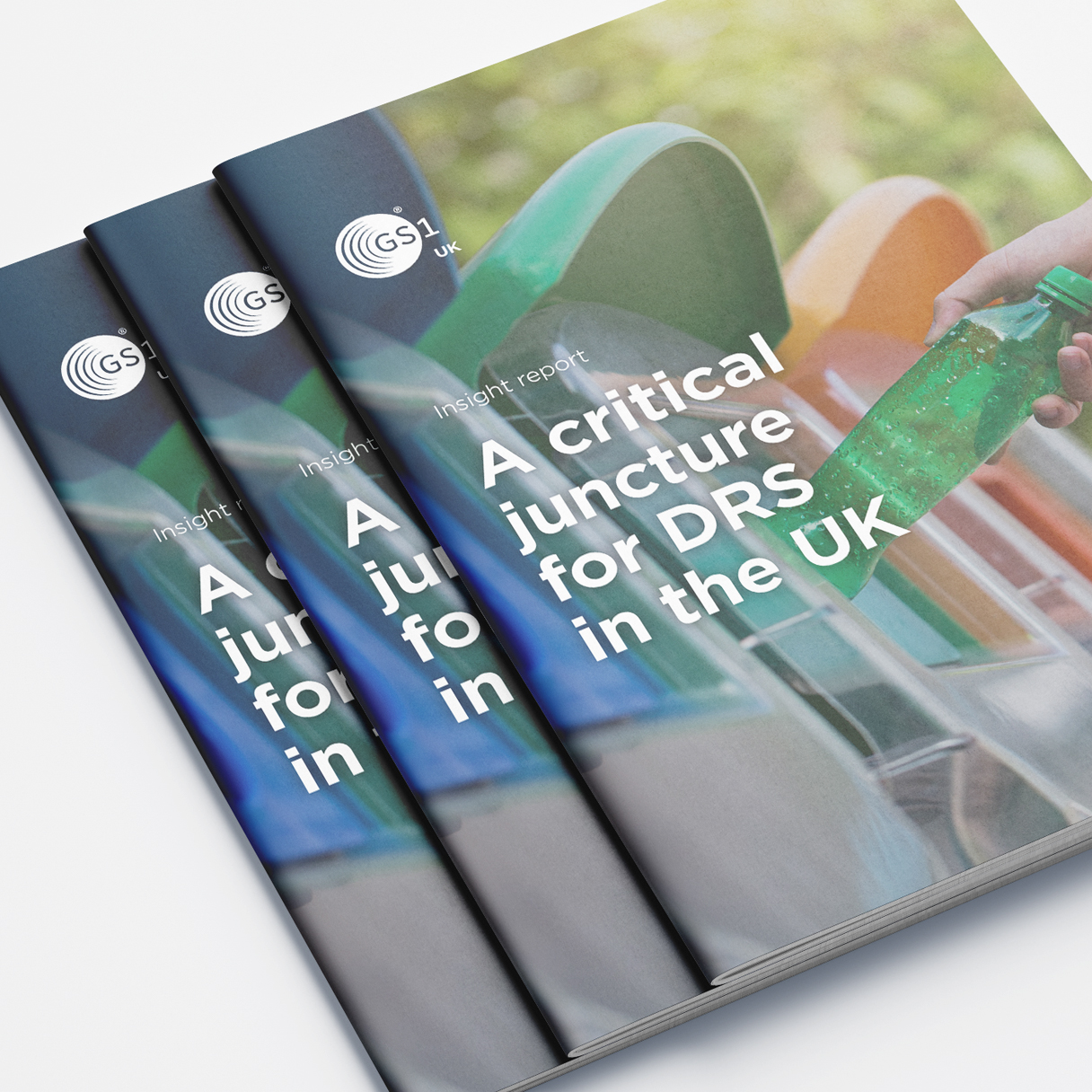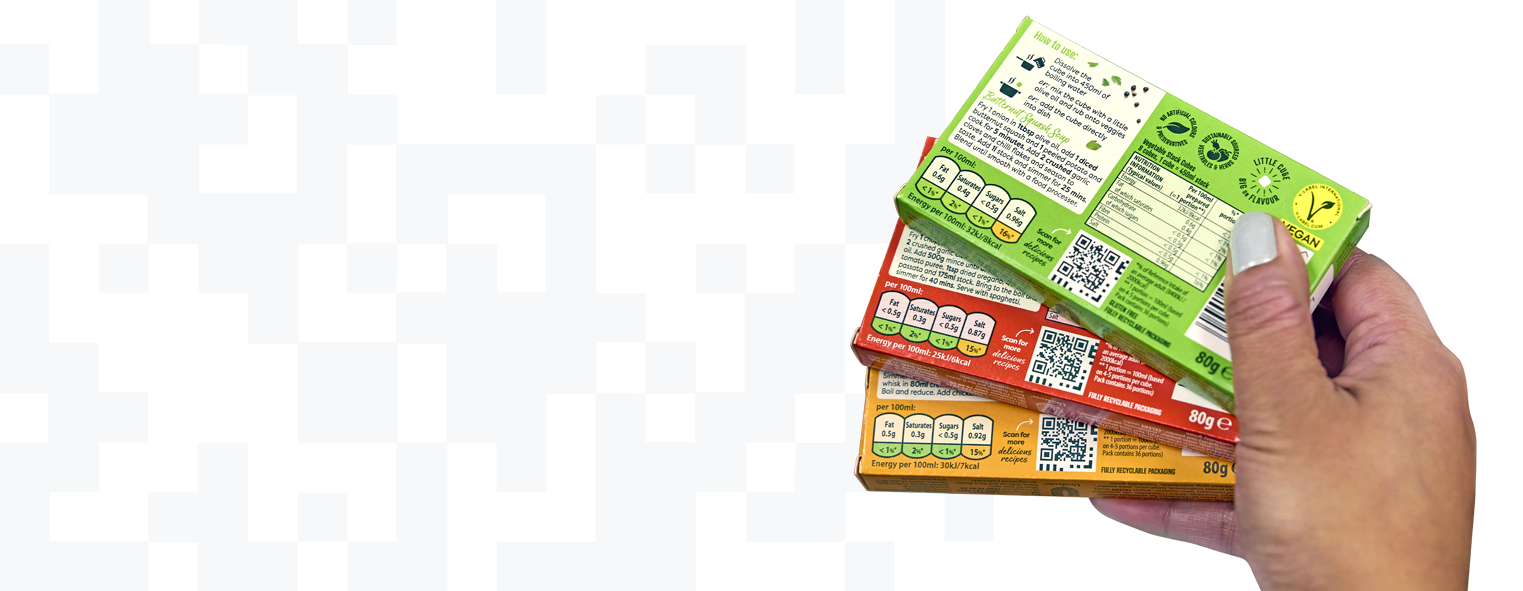January 17, 2024 Industry news
Deposit return schemes (DRS) are an example of extended producer responsibility (EPR). EPR is the idea that responsibility for the whole lifecycle of a product and its packaging should lie with the producer.
It’s a shift that therefore incentivises industry to factor sustainability into the development of new products, packaging and labelling. DRS achieves this by incentivising consumers to return used containers for recycling by charging them a small deposit that is only reimbursed once the packaging is returned.
These containers can then be properly disposed of under a scheme that is ultimately paid for by the producer.
Why is Ireland introducing a DRS?
The environmental impact caused by single-use containers is massive and could be avoided. Nearly two thirds of the 10 million tonnes produced each year is recoverable. In recent years, campaign groups and NGOs have rightly pushed this issue up the public agenda, with calls for far greater action and a move to a policy of extended producer responsibility (EPR).
We know how effective DRS models can be as a means of combating this problem. By launching such a scheme, Ireland is joining a global success story which is thriving in more than 40 regions worldwide, including 13 countries in Europe. In those countries where DRS is already in place, we’ve seen recycling rates vastly improve, as consumers are successfully incentivised to return single-use containers, with collection rates close to 100 per cent in some cases.
Re-Turn says the EU has set Ireland a target to separate and collect 77 per cent of plastic beverage bottles by 2025, which will rise to 90 per cent in 2029.
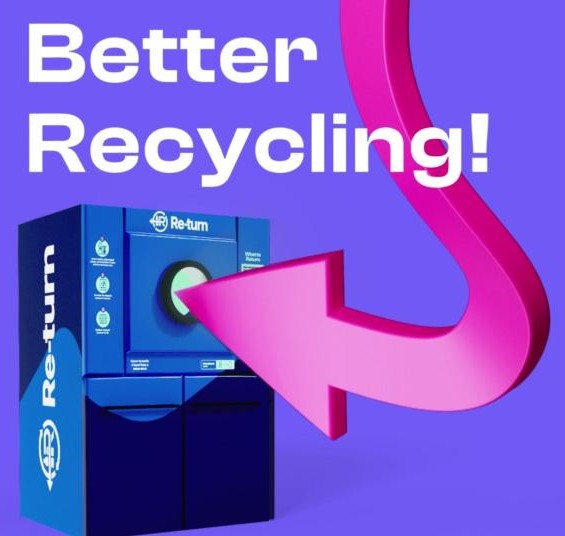
How will the Irish scheme work?
The Irish scheme is run by Re-Turn, a not-for-profit organisation appointed by the Irish Government as the system administrator, and brings together all parties involved in the manufacture, selling and consumption of beverages.
Designed to move Ireland away from a culture of “take, make and dispose” to one of returning valuable materials and keeping them in the economy for as long as possible, it prioritises convenience and ease of use.
When consumers purchase a drink in a plastic bottle or aluminium can that features the Re-turn logo, they will pay a fully refundable deposit in addition to the price of the drink. Drinks in plastic bottles and cans with the Re-turn logo will be rolled out in shops and supermarkets across the country in February.
Once the drink has been finished, consumers can return their empty, undamaged container to any retailer, regardless of where it was purchased. These returns can be made manually over the counter or via one of the thousands of Reverse Vending Machines (RVMs) currently being installed across the country. Each RVM will provide a clear set of instructions – displayed on screen - on how to return bottles and cans. Instructions will also be displayed on screen.
If the return is made manually in-store, consumers will have the choice to receive their refund against a store-bought purchase or in cash. If made via an RVM, once the machine has read the container to confirm it is part of the DRS, the consumer will be issued with a voucher for the amount of containers returned.
Consumers can then present this voucher at the till for full refund or against store purchase although it is important to note any vouchers issued from an RVM must be redeemed at the same retail outlet.
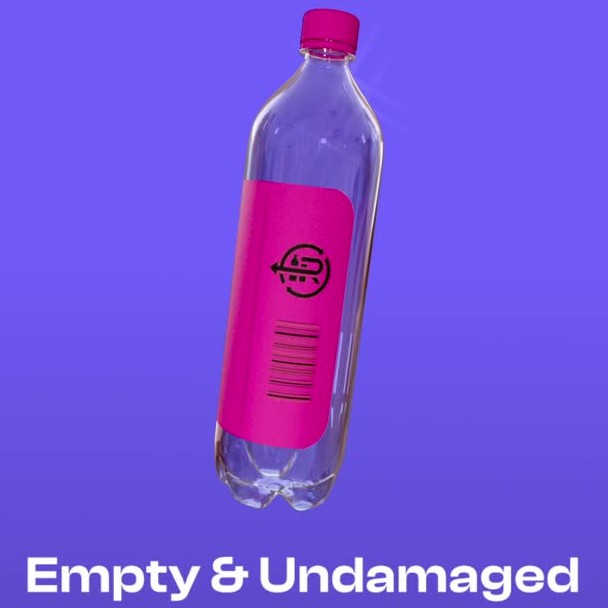
What is covered?
Not every single use container is covered by the Irish Scheme. Only drinks in PET plastic bottles, aluminium & steel cans from 150ml to 3 litres are included. To avoid confusion, all in-scope containers will clearly feature the Re-turn logo to help consumers identify them.
Currently, Ireland has a recycling rate of over 80 per cent for glass and is surpassing recycling targets for this material. As a result, there are no current plans to include glass but this may be open to change in the future.
Any container used to store dairy products such as milk or yogurt drinks will also be exempt. While glass and dairy containers will not feature the Re-Turn logo, they should still be recycled via other means.
Any drinks purchased before 1 February 2024 will also not be included.
What does this mean for the UK?
Ireland is now ahead of its neighbours in England, Wales, Scotland and Northern Ireland. After much confusion and repeated delays, deposit return schemes for each of the four UK nations are now expected to be in operation by October 2025. To what extent the schemes align between nations is yet to be seen and will depend on the yet to be established scheme administrators for each country.
Westminster and devolved governments are still determining the parameters of what such an initiative may look like in their own regions and nations. If the outcome of their planning results in a fragmented model, one that lacks the flexibility to adapt to future expansions in EPR, then DRS will be at best a missed opportunity, at worst a highly expensive failure.
At GS1 UK, we’re in a unique position to provide insight on, and support the delivery of, a robust and efficient DRS in the UK. 90 per cent of those retailers, producers and wholesalers affected are already among our members, and already use our interoperable standards to identify, capture and share data about their products.
We’re calling for a future-proofed approach that delivers simplicity, convenience and ease of use for both consumers and industry.
To achieve this, we need to work towards a collective, collaborative effort in which both industry and government work together to solve the problem of packaging waste across the UK.
